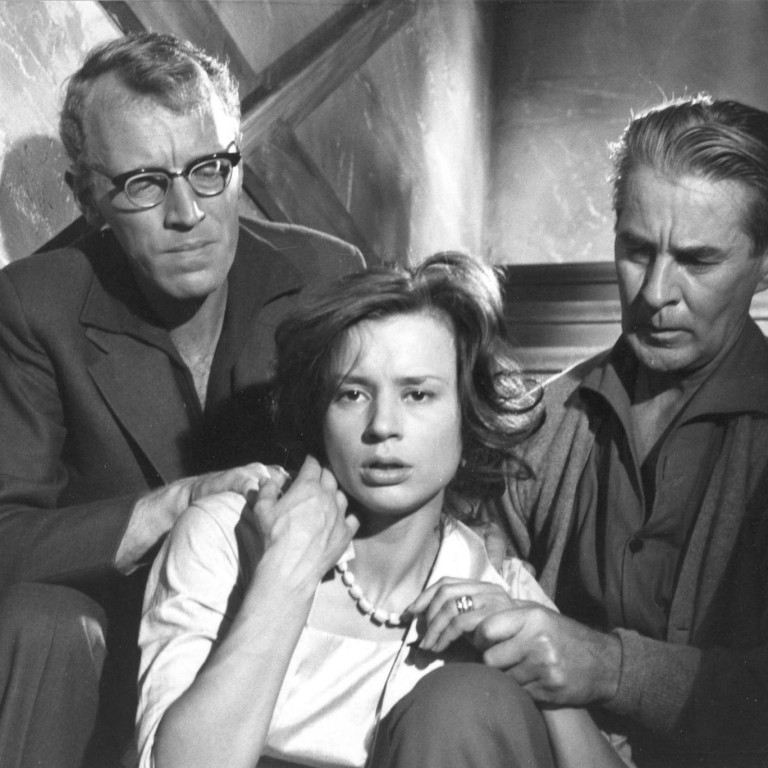
Through a Glass Darkly - where Ingrid Bergman found his signature style
It's an overused cinematic trope: shattered glass, an obscured shot of a conflicted character through a broken window or reflected in a cracked mirror. A cliché of a person's life coming apart or, more likely, a mind close to madness. Few do it well and even fewer add any sort of resonance to the concept.
Through a Glass Darkly
Harriet Andersson, Max von Sydow, Gunnar Bjornstrand
Director: Ingmar Bergman

Ingmar Bergman, the Swedish filmmaker behind , never once uses the motif throughout the entire running time, despite the film's title and its themes of schizophrenia. He doesn't need to: the man was a master at filmmaking, and through his slow, sombre approach, we see more than any shattered vision could ever reveal.
Set roughly over a day during a summer vacation on a remote Swedish island, follows four main characters: a successful novelist father, his two children (a lonely teenage son and a conflicted adult daughter) and the daughter's caring husband. It opens on the ordinary, with banal scenes of everyday life, before we slowly learn of Karin's mental illness and the contrasting madness of the men around her attempting to control it.
Unlike the audience-friendly realisations of his more popular , or the epic everywhere-ambition of the five-hour , it's hard to immediately pinpoint ' place in Bergman's oeuvre - which makes it all the more fascinating.
Stripped raw and theatre-like in its efficient approach, the film's tiny cast and spare locations feel spontaneous and off the cuff, despite being meticulously lit, beautifully shot and well-composed.
Bergman was the son of a priest, and while he embedded religious themes among his existential questioning before, none had the slow-build secular ferocity of this film. The title comes from the Bible's Corinthians, the apostle Paul questioning mankind's vision of reality in this world compared to the next, and the director used that as a springboard for his ideas.
Here is enlightenment and illumination, or is it madness and lunacy? Here is a life's worth of blind faith up against a few moments of cold, hard rationalism. Here is God as love, or God as a spider, or more likely, the complete absence of God.
The themes behind are never certain, and critics constantly debate its meanings. Like the greatest of art, the film is an enigma that keeps calling back to audiences.
might not be as acclaimed as Bergman's accepted masterpieces, but it's arguable that here the director found his trademark approach of minimalism alongside mood, simplicity coupled with significance.
